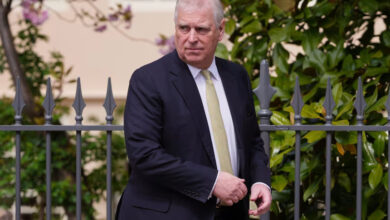
A London-based Islamic financial technology start-up has become the first company of its kind to be given regulatory approval in the UK, as Britain seeks to position itself as a hub for both fintech and Islamic finance.
Yielders, a firm that allows retail investors to get exposure to the property market with as little as 100 pounds, became the first Islamic fintech firm to be given full authorization by Britain's Financial Conduct Authority earlier this month.
Its approval comes at a time when Britain is trying to hold onto its status as a global centre for finance and innovation as it severs ties with its biggest trading partner, the European Union.
London has long sought to position itself as a global hub for Islamic finance, going as far as issuing a sovereign Islamic bond in 2014. Last week the Bank of England said it would develop a sharia-compliant liquidity tool for use by Islamic banks, underscoring efforts to attract business from the Middle East and South East Asia.
Britain has also in recent years pushed itself as a centre for fintech, and was ranked as the global number one fintech hub by consultancy EY in a report last year.
Yielders founding director Irfan Khan said that in conversations over the past two years with the FCA and the Department for International Trade, it had become clear that the UK government wanted to make Britain a premier destination for Islamic fintech.
"They (the UK government) believe that outside the Middle East, the UK is the capital of fintech for Islamic finance," he said. "There’s certainly movement in the UK to try to promote Islamic fintech, and for fintech firms in the UK to show the route forward for a lot of the Middle Eastern market."
Yielders also had to get approval from Britain's Islamic Finance Council, which asked a sheikh, Abu Eesa, to certify that the company's business practices were compliant with sharia law. That included certifying that there was no borrowing or nothing that could be construed as gambling involved.
Those restrictions, Khan said, often made Islamic finance uncompetitive in a country like Britain where Islam is a minority religion.
"That’s why we decided to start on this fintech journey, because we could mitigate against all of that by driving down the costs and removing all the back-office stuff by having a fintech solution," he said.
Reporting by Jemima Kelly; editing by Susan Thomas; Reuters




